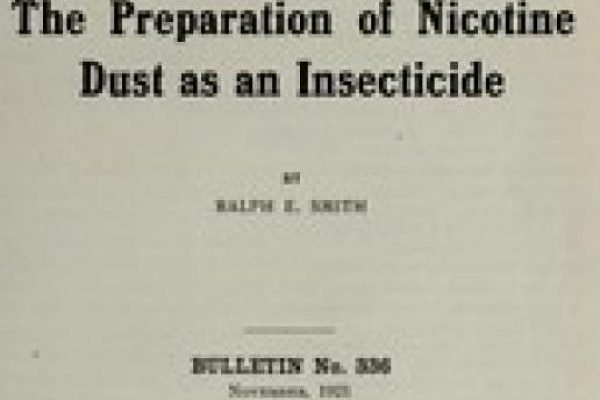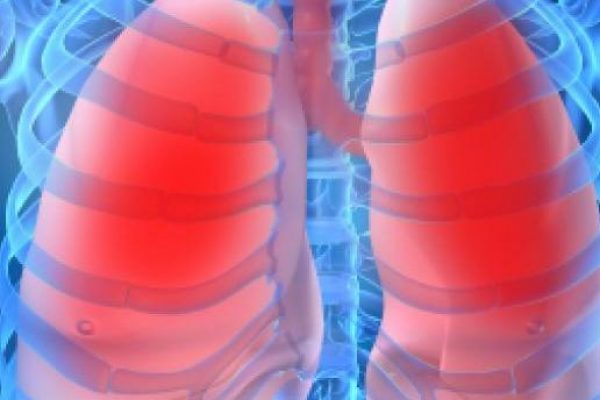Traveling with COPD means doing your homework ahead of time. Airline, buslines and trains may have different regulations regarding breathing and oxygen equipment. So it is best to know ahead of time what is expected of you and what your options are.
Amtrak allows portable oxygen only. Buslines allow them also. If traveling internationally by bus use carry on incase of lost luggage or delays.
Check for the altitude in the area where you are going because in higher altitudes you will want to exercise lighter and will use extra oxygen. Avoid smoggy areas such as Phoenix, Pittsburgh and Los Angelos. When traveling inside a car you may want to use the air conditioning and keep the windows up to avoid smog and exhause fumes that will irritate your lungs.
You will want to call the airlines help desk ahead of time to get permission from the carrier for use of a airline allowed oxygen compressor. You won't be able to sue your own on the plane. You will need to show medical necessity and get permission from the carrier. This will need to be done atleast 48 hours before the flight. It is a very good idea to arrive at the airport early. This part of the trip may be the hardest on a COPD patient due to all the walking, going through the screening and getting to the plane on time. Some carriers expect you to be there an hour early. You will have to get into the special screening line and have your equipment checked through airport security checkpoints.
The Transportation Security Agency does allow nebulizers and respirators and such respiratory related equipment. You will have to have a doctor's note to show necessity to remain connected to an oxygen compressor while you go through the screening and until you get to the gate. After that your will need to change to a concentrator on the plane. You will also need to arrange for a person to pick up the compressor equipment at the gate. This has to be arranged 48 hours ahead of time. If you are having someone meet you at your destination or at a layover this same rule applies. Oxygen rules for international carriers vary so it is important to do your homework.
It is a good idea to have all of the equipment that you use checked before you leave. There are battery operated concentrators that are about the size of a laptop and weigh about 15-20 pounds. Battery power of 150% of your scheduled flight time is required by The Federal Aviation Administration.
High altitudes can trigger shortness so it is a good idea to discuss your destination with with your doctor. The air being thinner at higher altitudes makes oxygen concentration s lower. You may feel sleepy and your blood oxygen levels go out of whack. You may want to check with your airlines because some limits the amount of canisters they allow. And you may want to check with your medical supplier for branches you can visit along the way. This is if you are using compressed air tanks. Or if you have a malfunction with any of your equipment.
If you have allergies you may want to ask for a allergy free room when booking your hotel. Some hotels such as The Hilton offer them. They mean that extra care has been taken to reduce dust and other allergens. Hypoallergic linens, wood flooring, and shades are extra clean in these rooms.
If you plan to be cruising you will want to contact the cruise company 4-6 weeks ahead of time for advance arrangements to use oxygen. You will want to get a letter from your doctor with a brief health history and your most recent oxygen prescription to meet the ship's requirements. In case of an emergency you may want to have a copy of this letter available for the onboard doctor. Cruise ships will be banning smoking in their cabins beginning in 2013. Check with the cruise line because some are still allowing it. Experts advise COPD patients to take copies of their prescriptions, extra medication incase of delays or being stranded. Names of local doctors and numbers for your insurance companies and health care providers, a note from your doctor detailing your oxygen needs and a brief history of your conditions. Hand sanitizers and wipes just incase there are other passengers on board who are sick. All medications, bronchodilators and nebulizers should be in your carry on incase of lost luggage or delays.
If you check ahead and do your homework. then you should have an enjoyable vacation.











